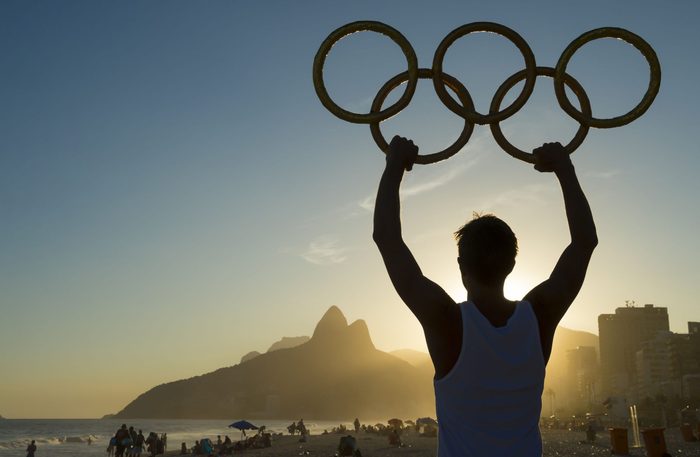
Counting down the top 5 problems facing the Rio 2016 Olympics
Rio de Janeiro will be the first ever South American city to host the Olympics. While Brazil has cultivated a reputation as a global power over the past few decades, the country is still facing a wide array of problems in the lead-up to the biggest sports event in the world. Although we’re keeping our fingers crossed that none of these actually prove insurmountable, here are five hurdles the Rio 2016 Olympics could be facing.
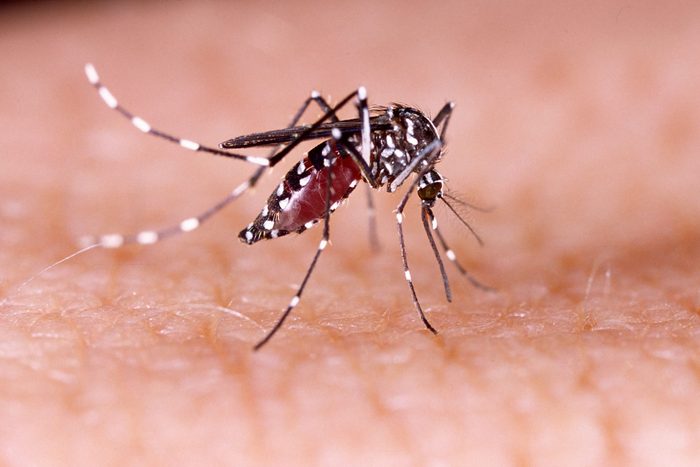
1. The Zika virus is still alive and well
The Zika virus has made headlines ever since it spread across Brazil last year. A mosquito-transmitted infection, Zika has been linked to extreme birth defects in newborns. The good news? In June, the World Health Organization confirmed that there’s a “very low risk” of an outbreak during the Rio 2016 Olympics. The bad news? While chances of athletes or tourists contracting Zika are slim, no one is completely immune to it.
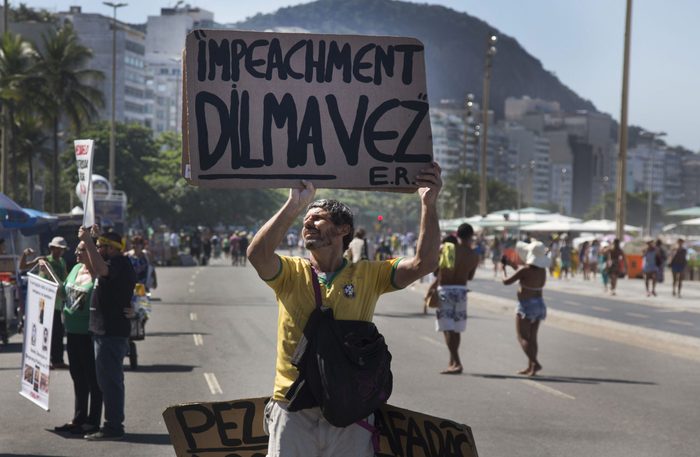
2. Brazil’s president is about to be impeached
Dilma Rousseff, president of Brazil, has been stripped of her powers since her impeachment trial began in May. Accusations have been made that Rousseff broke laws by faking the size of Brazil’s budget deficit. Now, Reuters reports that Brazil’s senate may take its final vote on Rousseff’s impeachment during the Olympics. A vote of this kind to take place before the ceremonies end is sure to be embarrassing for the Rio 2016 Olympics legacy.
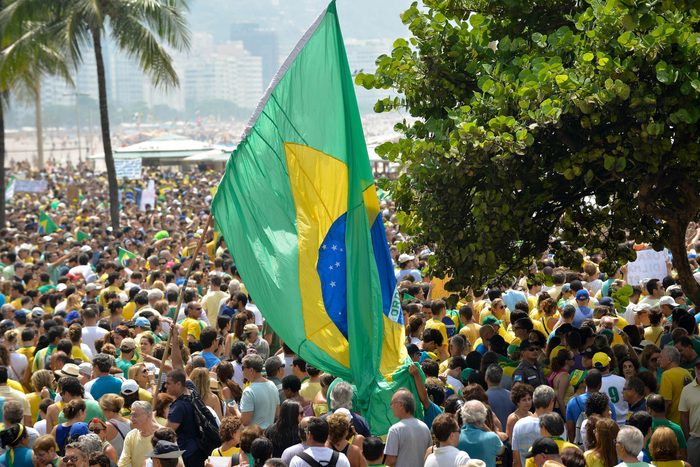
3. Brazil is facing its worst recession in 100 years
In June, the Wall Street Journal reported that Brazil experienced its fifth consecutive quarter of decline, making it the country’s worst recession in more than a century. There are many reasons for the recession, but rising unemployment and political conflicts are chief among them. Cash-poor Brazil has been struggling to bring the Rio 2016 Olympics to life, and while the ceremonies may only last 17 days, the country’s economic crisis has no end in sight.
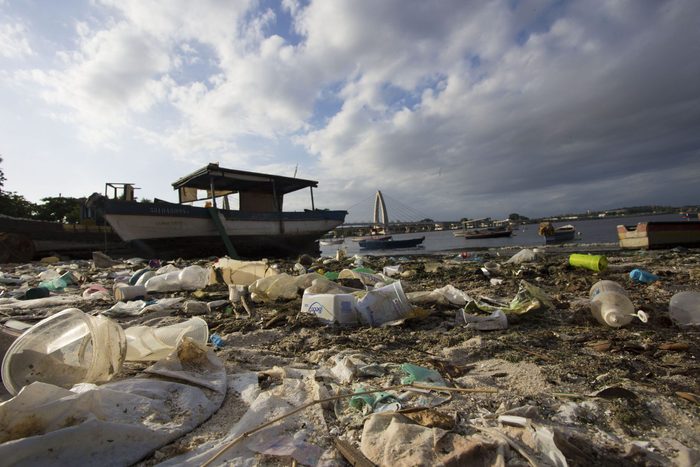
4. Brazil’s water is extremely dirty
Rodrigo de Freitas, the lagoon that will be used for swimmers and rowers during the Rio 2016 Olympics, is notoriously polluted. A 2015 Associated Press investigation concluded that the waters are “so contaminated with human feces that [athletes] risk becoming violently ill and unable to compete in the games.” Oh, and Brazilian scientists recently found a drug-resistant “super bacteria” in several beaches and venues where swimming and rowing events will be held. The super bacteria can cause urinary, gastrointestinal and pulmonary infections.
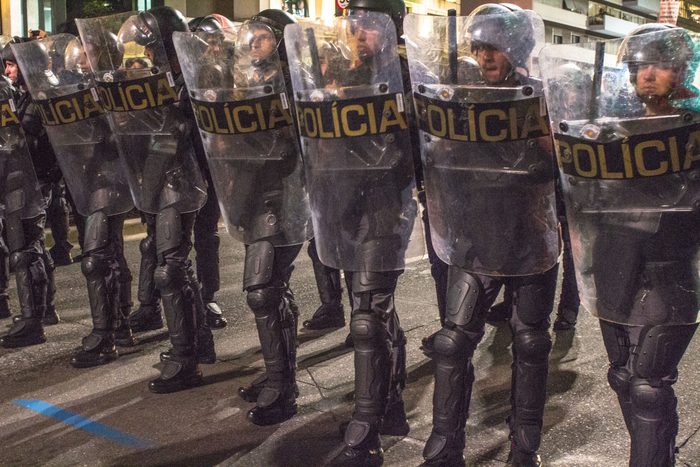
5. Rio’s crime rates are on the rise
It’s never a good sign when Brazilian troops begin patrolling Olympic venues ahead of the Games. Not only have crime rates been on the rise (muggings in Rio increased by 14 per cent between January and May, according to Bloomberg News), cops are angry about unpaid income. During a June police strike, a group of officers held a sign that read, “Welcome to hell: police and firefighters don’t get paid, whoever comes to Rio de Janeiro will not be safe.”
Related features:
5 Underrated Sports to Watch at the Olympics
5 Most Infamous Olympic Scandals
10 Ways the Olympics Changed Canada